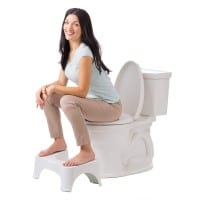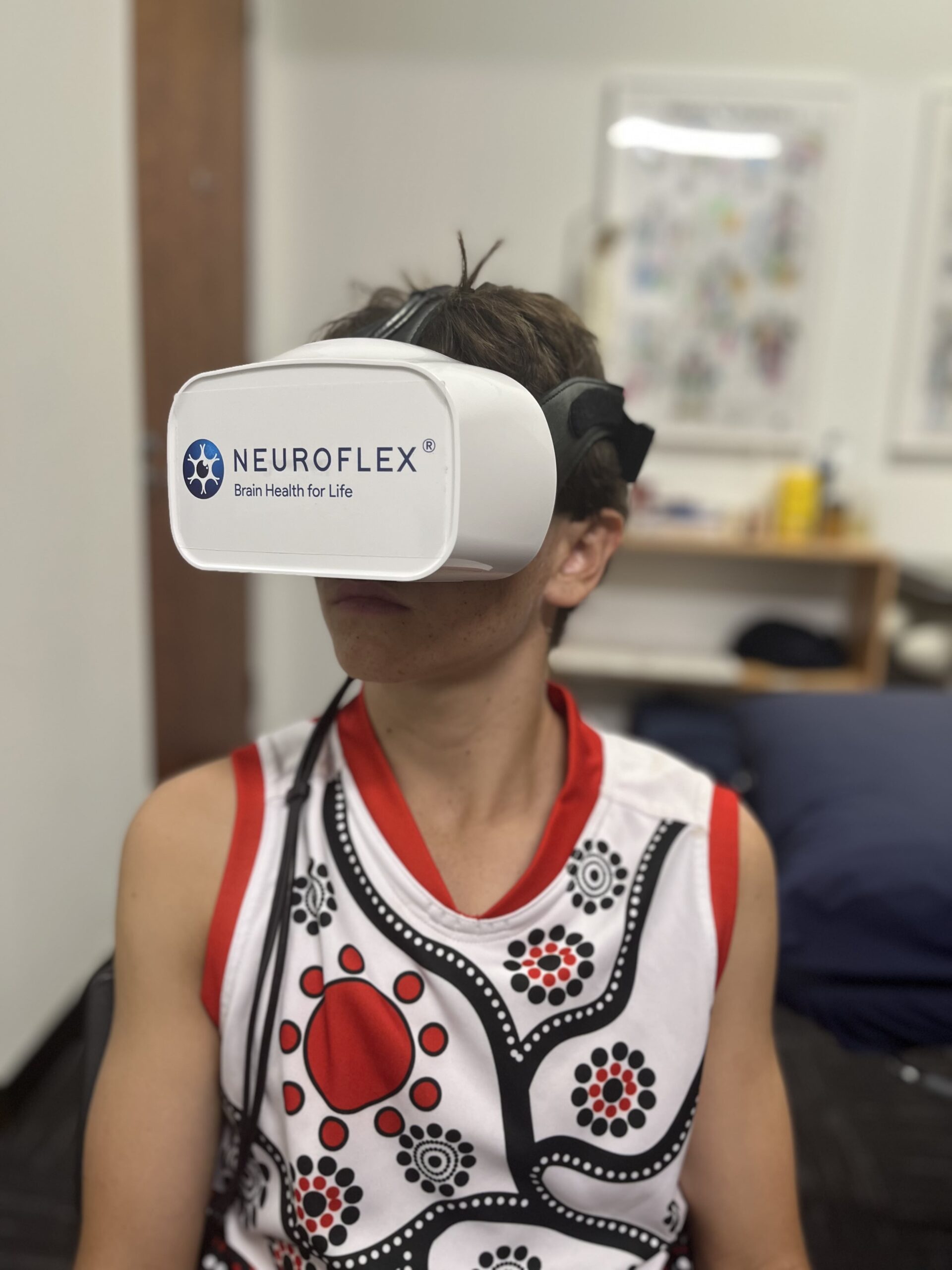Image Credit: https://www.continence.org.au/bristol-stool-chart
If you open your bowels less than once a day or your stool is hard and difficult to pass (more like a type 1 or 2 above) you are showing signs of constipation. Ideally you should open your bowels every day and your motion should be a type 4 as per the Bristol Stool Chart. To address any constipation, ensure you have good bowel habits before you race to the pharmacy.
Here are 10 Habits to Help Relieve Constipation
Drink Water 1.5-2L per day
You must ensure you have adequate water intake to soften the stool and absorb the fibre you are eating. If you struggle to drink water you can bias your diet towards wet food – like soups and stews.
Toilet Posture
Squatting
When the knees are higher than the hips, the ano-rectal angle is straightened, the pelvic floor muscles are relaxed and it is simply easier for the poo to slide out.
Your toilet posture needs to be:
- Squatting position
- Leaning forward
- Breathing like you are blowing up a balloon
- Give it time!
Constipation Recipe
Mix in a container:
- ½ cup oat bran
- ½ cup unsweetened applesauce
- ¼ cup prune juice
Then before bed time start with 1 teaspoon of the mixture (you can mix it in a glass of water) and work up to 6 tablespoons if you need.
Routine
- Sit on the toilet at the same time each day
- Ensure time to relax on the toilet and not be in a hurry
- Have regular meal times – the urge should come on 30 minutes after a big meal
Exercise
- 150 minutes/week is the amount of exercise adults should be participating in.
- At least a 25 minute walk each day will stimulate your bowel and help your constipation.
- A yoga routine that involves gentle twists will also improve bowel mobility
Strong Morning Coffee
Coffee will stimulate a bowel movement via the gastro-colic reflex.
A great way to get things going is to develop the “morning routine” get up a bit earlier in the morning:
- Have a Coffee
- Have Breakfast
- Go for a Morning walk (your 25 minute walk as per guidelines)
- Sit on the toilet
Pelvic Floor Muscle Co-Ordination
The Pelvic floor muscles need to relax to allow the transition of the stool. Pushing the poo out will cause the muscles to contract, blocking the path out.
A normal Pelvic Floor will:
- Contract with good elevation
- Hold the contraction for 30 seconds
- Be able to breathe normally while contracting
- Repeat the contraction 10 x before becoming too tired
- Be able to completely relax after a contraction
Via an internal muscle examination (kind of like a PAP smear for ladies) a Women’s Health Physiotherapist will be able to assess your pelvic floor co-ordination.
Stress Levels
- Stress will cause havoc with your digestive system
- You have to make sure you are sleeping well
- Exercise is very important – remember 150 minutes per week!
- A healthy diet is vital
- Meditation is very helpful
Know what are your triggers for stress!
Foods That Help You Poo
- The fruit!
- Apples, pears, kiwifruit, rhubarb, figs, plums
- The seeds!
- Chia seeds, yellow linseed, Flax seed
- Legumes!
- Lentils, beans
Oat Bran
- Lentils, beans
Too Much Fibre
- You can overwhelm the bowel if you add too much fibre too quickly, leading to worsening constipation
- Ideally aim for 25-30g of fibre in the day
- Also with gut inflammatory conditions like IBS or ulcerative colitis, fibre can cause constipation as there can be an inflammatory response to certain foods.
In Summary
Adopt these 10 x healthy and very achievable habits to help your constipation. Remember you want to have a bowel motion most days and it shouldn’t be hard or difficult to pass.
A women’s health Physiotherapist can perform an internal examination to assess the function of your pelvic floor muscles and develop a pelvic floor friendly exercise program.









